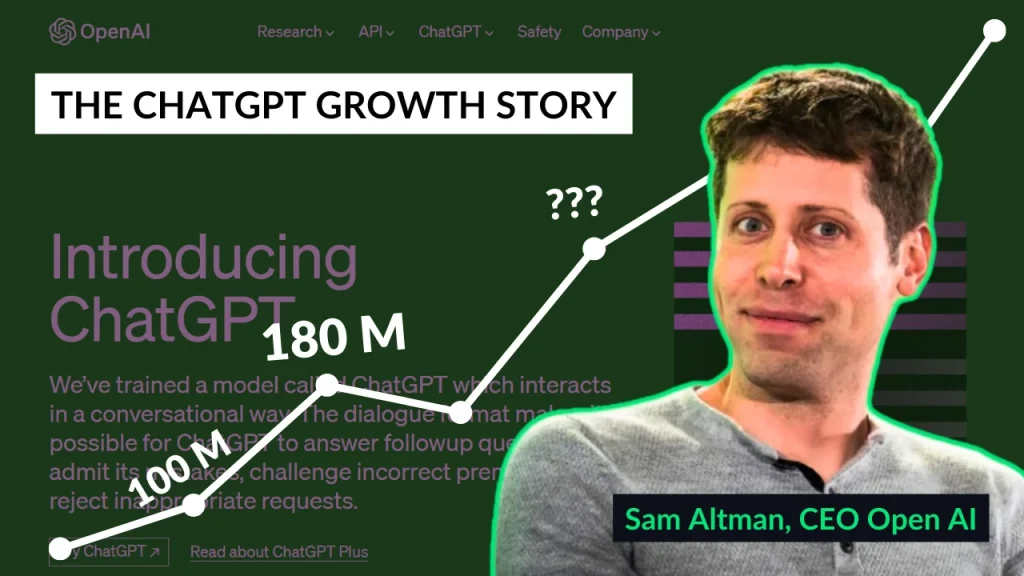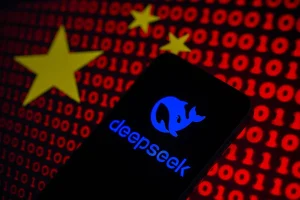Exploring the Influence and Concerns Surrounding AI

The burgeoning influence of artificial intelligence (AI) stirs a complex mix of awe and apprehension across various aspects of everyday life. From enhancing technological functions to prompting ethical questions, AI’s rapid integration challenges our traditional understanding of tool and creator.
As we delve into the realms of AI capability, it becomes crucial to examine both its benefits to society and its potential threats. This trajectory of tech evolution provokes pressing questions about privacy, employment, and control, suggesting a future where AI’s role is pivotal but double-edged.
Understanding Artificial Intelligence
Artificial intelligence (AI) is an expansive field of technology with the potential to alter our lives significantly. Complex algorithms and data-driven machines are designed to simulate human intelligence, performing tasks that typically require human cognition. This transformational technology has sparked both excitement and fear regarding its potential impacts.
The Potential for AI Dominance
The question of whether AI can take over the world is influenced by rapid advancements in technology. As machines become more capable of autonomous decision-making and learning, the idea of machines outsmarting humans becomes more plausible.
However, current AI systems are still far from achieving the self-awareness or emotional intelligence of humans. They operate within the confines of their programming, designed by human engineers.
AI in Everyday Life
AI has seamlessly integrated into various aspects of daily life, from smartphone assistants to sophisticated diagnostic tools in healthcare. These applications show the beneficial side of AI, enhancing convenience and efficiency.
Despite these benefits, the deployment of AI systems raises concerns about privacy and security. The more we rely on AI, the more we open ourselves to potential data breaches or misuse of information.
To mitigate these risks, continuous advancements in cybersecurity are essential. Ensuring the safe use of AI technology requires vigilant monitoring and updated security protocols.
The Future of Employment with AI
One of the most debated impacts of AI is its effect on employment. Automation and robotics, powered by AI, have the potential to disrupt traditional job markets, replacing some jobs while creating new opportunities.
It is crucial for workers to adapt to this changing landscape by acquiring new skills that are in demand in an AI-driven economy. Education and training programs must evolve to prepare the workforce for new career paths.
Global AI Policy and Ethics
As AI technology becomes more prevalent, the need for coherent global policies and ethical guidelines becomes more urgent. Governments and international organizations must address the implications of AI on privacy, security, and human rights.
Discussions are underway to establish frameworks that ensure AI technologies are used responsibly. The goal is to develop AI systems that benefit society as a whole and protect individuals from potential harm.
This requires collaboration across nations and disciplines to create policies that transcend national interests and reflect a broad consensus on ethical AI use.
Public Perception and Fear of AI
Public fear and skepticism towards AI stem from popular culture and media portrayals, which often depict AI as a rogue technology capable of overpowering humanity.
Educational initiatives are needed to demystify AI and promote understanding of its realistic capabilities and limitations. By informing the public, the irrational fears can be alleviated, fostering a more rational discourse about AI’s role in society.
In essence, the debate about whether AI can take over the world remains nuanced and multifaceted. The transformative potential of artificial intelligence is undeniable, enhancing various facets of daily life and opening doors to unprecedented technological advancements. However, safeguarding against the unintended consequences of AI requires robust policymaking, ethical considerations, and ongoing public education to ensure that AI serves humanity beneficially, without compromising our autonomy or security.
This consideration prompts a global imperative to harness AI responsibly, fostering advancements while mitigating risks. The journey of integrating AI into society is complex, but with thoughtful management and collaborative effort, the future of AI can be as promising as it is formidable.








